Gailya Magee Porter’s memories of a deadly police shooting on Jackson State University’s campus get dimmer each year. After four decades, she sometimes relies on notes to recall events surrounding the violence that claimed the lives of Phillip Lafayette Gibbs, 21, and James Earl Green, 17.
“I don’t remember specific details. We were all seated on the hill in front of the ladies’ dorm. It was like bullets echoing off brick walls. A number of us got up and tried to leave the grounds and go back into the building for protection. That’s when people were hit with bullets and pellets from the buildings. I was hit with a lot of debris and glass,” said Porter.
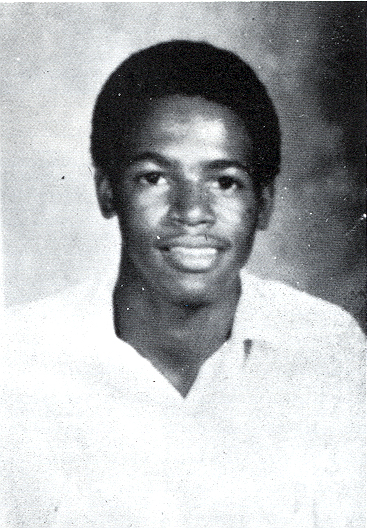
The 43rd anniversary of what’s become known as the “Gibbs-Green Shooting” occurs Wednesday, May 15. Although the circumstances surrounding the shootings may never be fully known, victims and witnesses continue to share their experiences in hopes of preserving the legacy of the slain and wounded.
“It’s important to keep it alive by writing about it and talking about it,” said Porter, who was a junior at the college in 1970 and now owns an insurance company. “It lets us remember that this is a tragedy that could happen again if we’re not careful to continue to build and improve relationships across racial lines.”
The shooting happened May 15, 1970, just 11 days after four students at Kent State University in Ohio were killed during anti-war protests over the escalation of the Vietnam War and the deaths of thousands of U.S. troops and millions of Asians in Cambodia.
In contrast, the incident in Jackson had overwhelming racial overtones. There’s no consensus as to what precipitated the boiling cauldron that led state troopers and the city’s police to unload more than 400 rounds of gunfire on a women’s dormitory. But, one indisputable fact is that the bodies of Gibbs and Green lay mortally wounded on the campus when the shooting ended. And, 12 other students were injured.
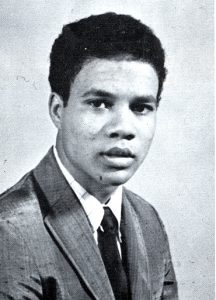
One theory suggests the chaos erupted after students became fed up with years of heckling by white motorists slicing through campus via Lynch Street, a major downtown thoroughfare. Others cite war protests along with the continued fight for civil rights. Law enforcement officials, however, claimed to have been defending themselves against a male sniper firing from an upper floor of the women’s dormitory. Other witnesses say the sound of a broken bottle might have spurred a nervous officer to start shooting.
“I had a tape recorder on my side, one of these little cheap cassette tape recorders,” says Bert Case, a white journalist who was on campus reporting for the local WJTV-TV when the shooting began. “It was rolling the whole time. And right prior to the shooting beginning, you can hear the bottle break very clearly, and then there is ‘pop, pop, boom, boom, boom, boom, boom’… 29.2 seconds they went.”
Gladys Johnson, one of the injured students who later became a JSU professor, laments that grief counseling eluded the wounded. She’s also outraged that no one ever said, “I’m sorry” to survivors or family members of the deceased.
Another regret that she and students had is that seniors never experienced a commencement ceremony because the semester ended abruptly after the shooting. But, like Johnson, many in the Class of 1970 excelled to become educators, doctors, lawyers, researchers and entrepreneurs.
And these successful professionals have vowed to tell their stories for history – and for healing.



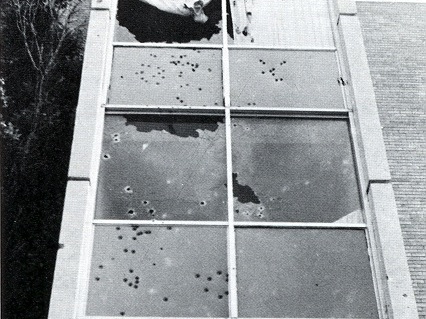
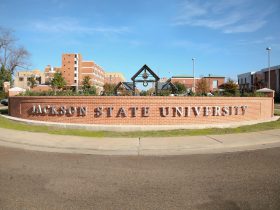
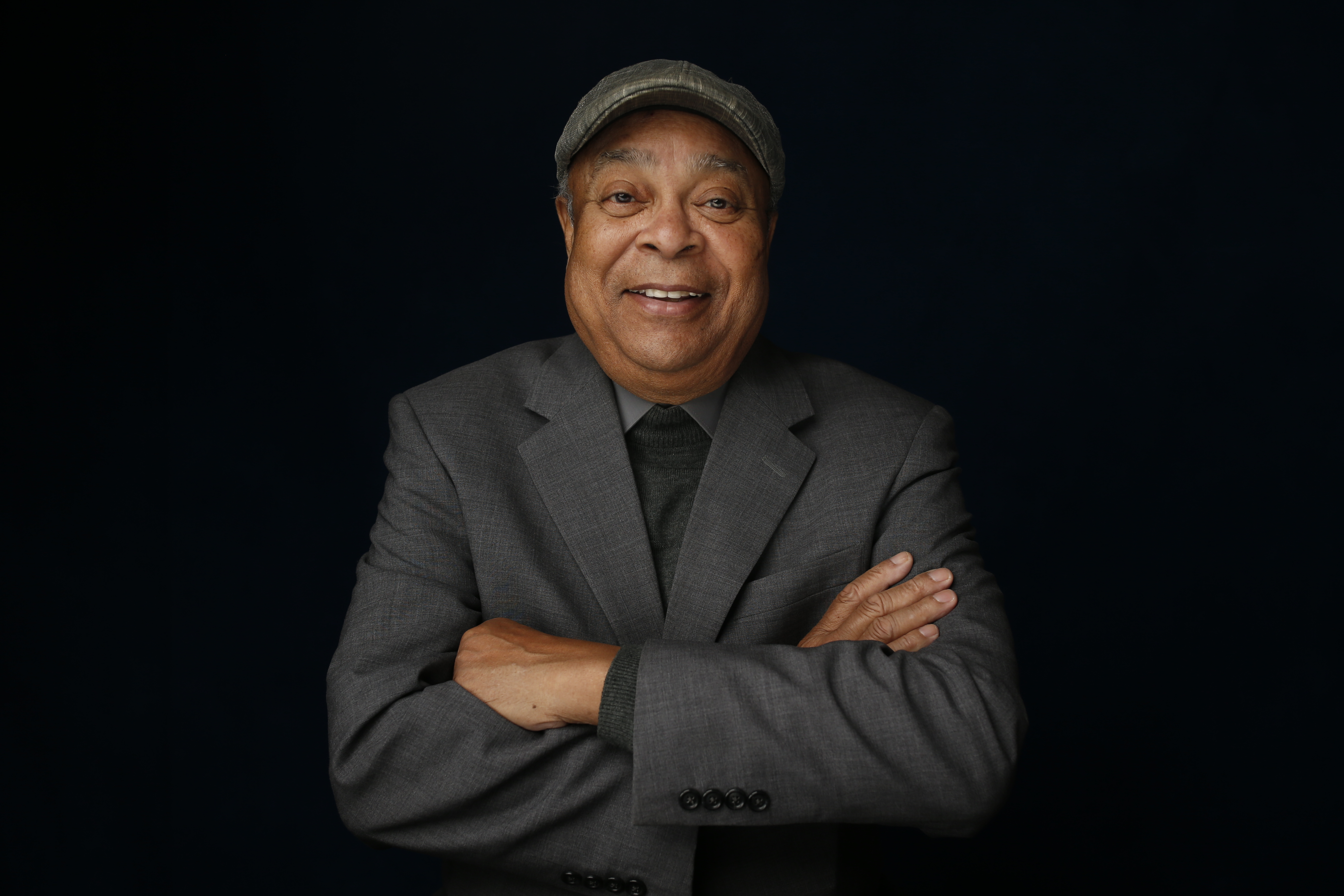
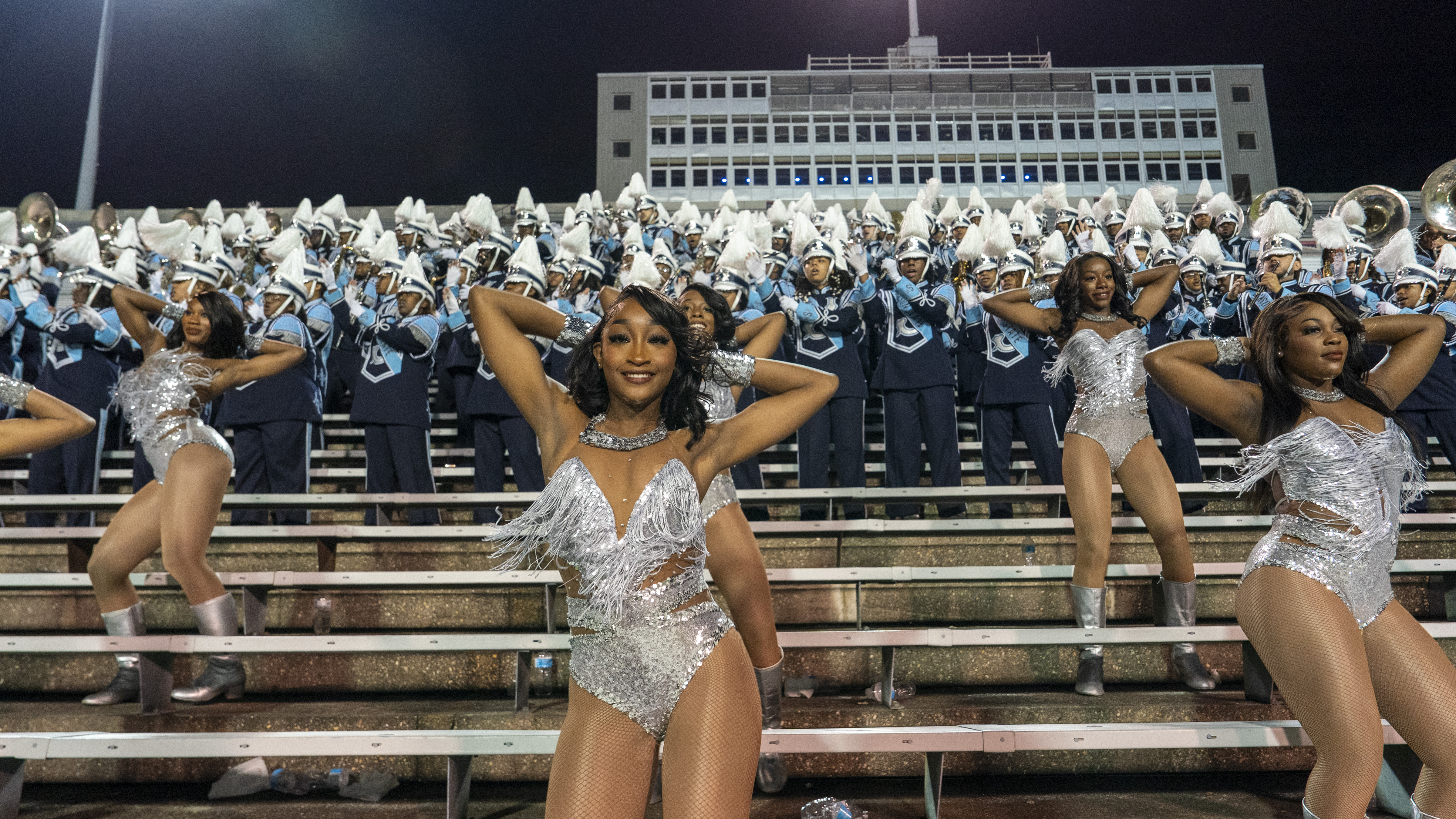
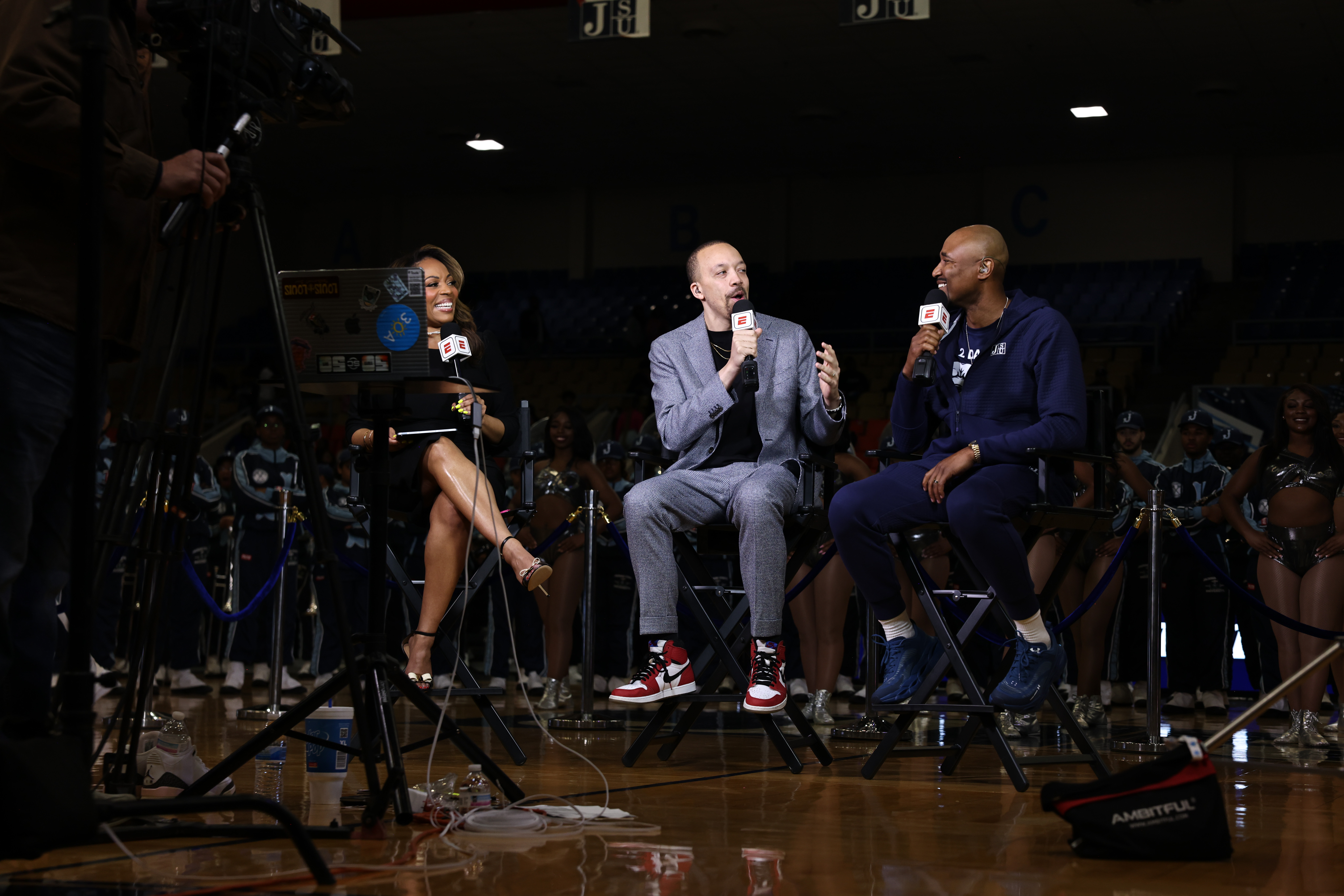


After the shooting I went over to JSU to get my sister-in-law who was a Freshman at the time . She was traumatized as a result of this hienous crime. It is a travesty of justice that nothing has been done about it until this day! This would never have ocurred on the campuses of the “white colleges and universities”!
I remember we cried when we received news of Phillip’s death. We lived in St. Louis, but our family was from the same hometown of Phillip, and we visited every summer. Our family and Phillip’s family have known each other for years and are very close. Losing Phillip was losing a shining star that shown brightly everyday. Everyone loved Phillip. He’s missed very much. He was the future.
I’m a sister to Phillip Gibbs. He’s missed terribly by his family. His sons are fine as well as his widow. However, his sons never had the opportunity to know their father. One was 11 months old and the other one was born 8 months after he was killed.